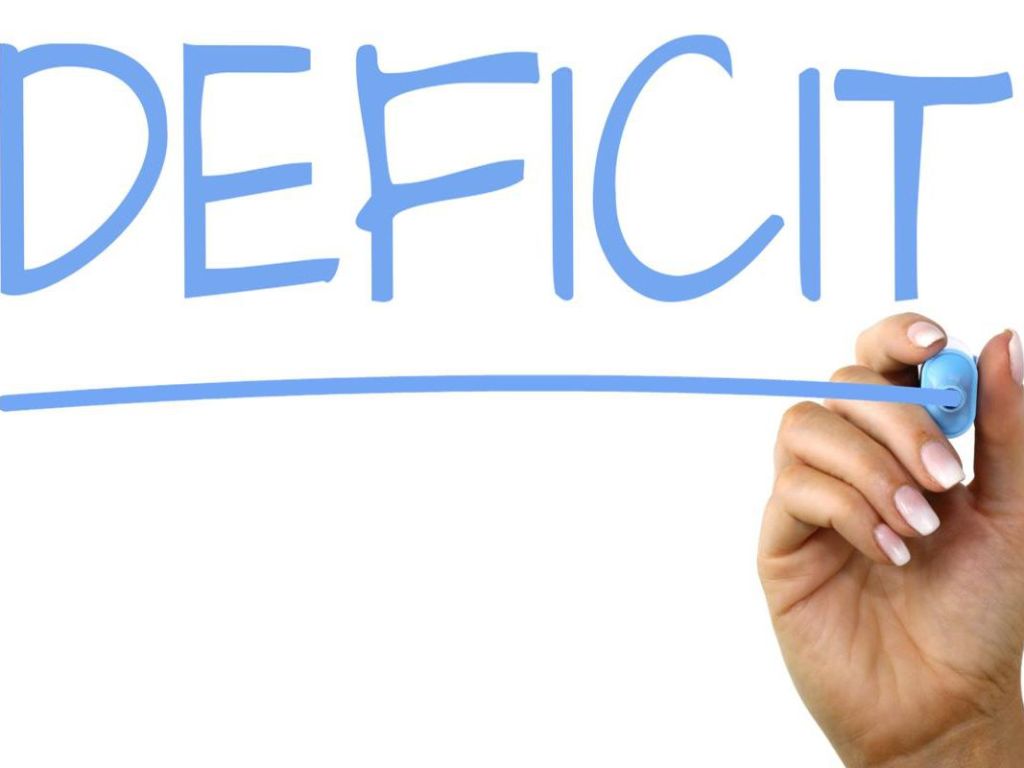but Never Brings Real Prosperity and Progress
Adviser to the Prime Minister on Finance and Revenue Dr Abdul Hafeez Shaikh tweeted on Thursday 19th November 2020, that “PTI government inherited a current account deficit of $19.2B, we reduced it to $3B in last fiscal year & now a surplus of $1.2B this year with fourth consecutive monthly surplus.”
Comment:
The PTI has been claiming that Pakistan’s economy is in a dire situation primarily because of a huge current account deficit, inherited previous governments. Unfortunately, despite a large population and abundant natural resources, most of the input material for both industry and agriculture are imported, which results in high imports and current account deficit. The PTI regime went for an IMF program in 2019, which stipulated Rupee depreciation, so that the dollar becomes expensive and people are discouraged to import goods. At the same time, on IMF instruction, the interest rate was increased up to more than 13 percent, whilst energy prices were also increased, increasing the cost of doing business. These measures resulted in a severe contraction of economic activity, dragging GDP down from 5.84 percent to 0.99 percent in just one year. Now because of these policies the current account deficit not only reduced, it became surplus.
However, this surplus only benefits the IMF, as well as international and domestic lenders, as it ensures the timely return of interests and principle amounts. The repayments and their accompanying demands, are at the cost of halting the wheels of economy and unleashing severe poverty upon the common man. Now, as the current account deficit has stabilized, the regime will focus on increasing growth, which inevitably increases imports, as Pakistan does not make most input materials locally. So in the coming months, we may see an increase in GDP, but coupled with an increase in the current account deficit as well. This cyclical phenomenon has been going on for several decades. It’s a painfully familiar cycle of years of productivity, which increases current account deficit, followed by years of contraction, which reduces the current account deficit. So practically Pakistan has been swinging between deficit and surplus, but never moving forwards.
Under the capitalist economic system, Pakistan will never become an economic powerhouse, despite having abundant land, population, natural resources and agriculture. Under IMF supervision, the capitalist economic system works to ensure benefits for large local and international capitalists. With ever increasing energy costs and taxes, we will never see true economic revival collectively. Instead, prosperity will only be for a small band of capitalists, who have special concessions for their business sectors, as well as ownership privileges.
Pakistan is in dire need of the economic system of Islam. Islam’s economic system ends usury, compelling capital owners to directly invest in economic ventures. Islam couples the currency with gold and silver, ending slavery to the dollar. Islam declares energy and mineral resources as public property, so the economy receives important inputs at affordable prices. Islam ends income tax, general sales tax and any other tax which is not from Islam. This economic environment will enable production of large volumes of input materials, reducing dependence on their import drastically, increasing our economic resilience. The current kufr system will never implement Islam, so all this can only be practically implemented after the re-establishment of Khilafah (Caliphate) on the Method of the Prophethood.
Engineer Shahzad Shaikh
Deputy to the Official Spokesman of Hizb ut Tahrir in Wilayah Pakistan

